Living through the flood in Romagna, with one certainty: "solidarity moves in a circle." An interview with Monica Minardi, President of Doctors Without Borders Italy.
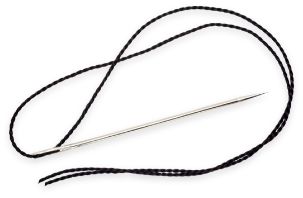
Born in a small Umbrian village, he is an example of an enlightened entrepreneur who has understood how to combine economic success with humanist values and social responsibility. Cucinelli has transformed his passion for fashion into a life philosophy, putting values such as solidarity, sustainability and the moral and economic dignity of humans at the centre.
From a young age, he was able to see the difficulties of the working world up close. This fed his desire to create a company that respected the dignity of workers, to develop and expand his dream of a form of capitalism that would value humans. This philosophy, which he himself defines as "humanist capitalism", is reflected in every aspect of his work, from the promotion of culture and tradition, to care for the land and the promotion of corporate ethics.

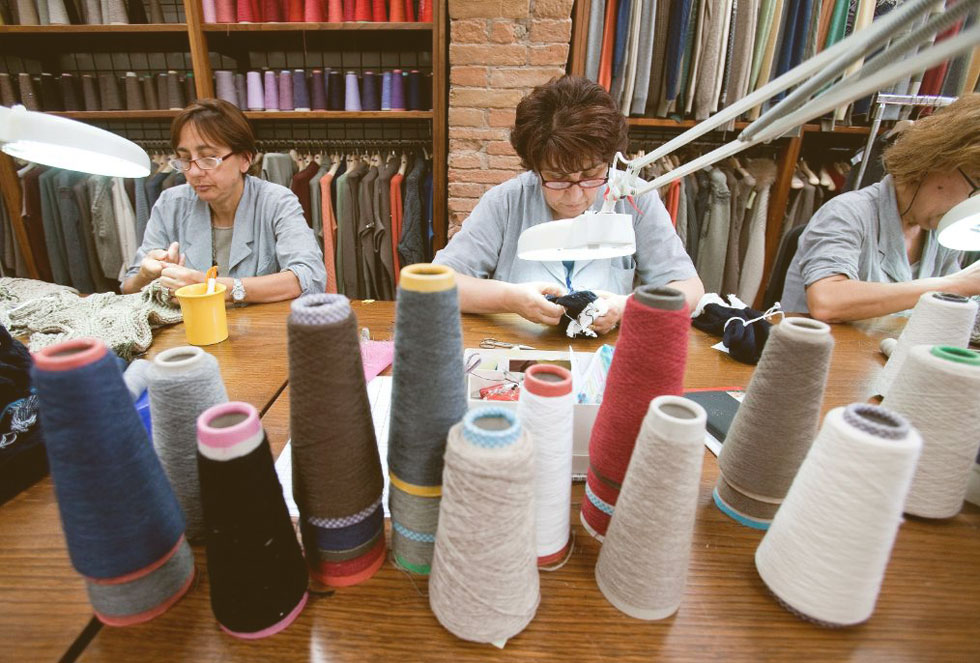

This vision has won him many awards, such as the title of Cavaliere del Lavoro, awarded by the President of the Republic, an honorary degree in Philosophy and Ethics of Human Relations from the University of Perugia, and an honorary doctorate in Philosophy from the University of Messina. Cucinelli has been celebrated for his ability to perfectly embody the figure of the "Honourable Merchant".
His vision goes beyond the world of fashion.
The entrepreneur wanted to build a company rooted in the region, which would contribute to its development: in 1985, he founded his company in the ruined 14th-century castle in the village of Solomeo, in the province of Perugia. In this medieval village, Cucinelli created a real project of rebirth and development, making it the beating heart of the area and a symbol of the values of sharing, sustainability and respect for tradition, places and the local community.
Over the years, he has restored and renovated several historical buildings in the village, transforming them into spaces dedicated to culture, art and education.



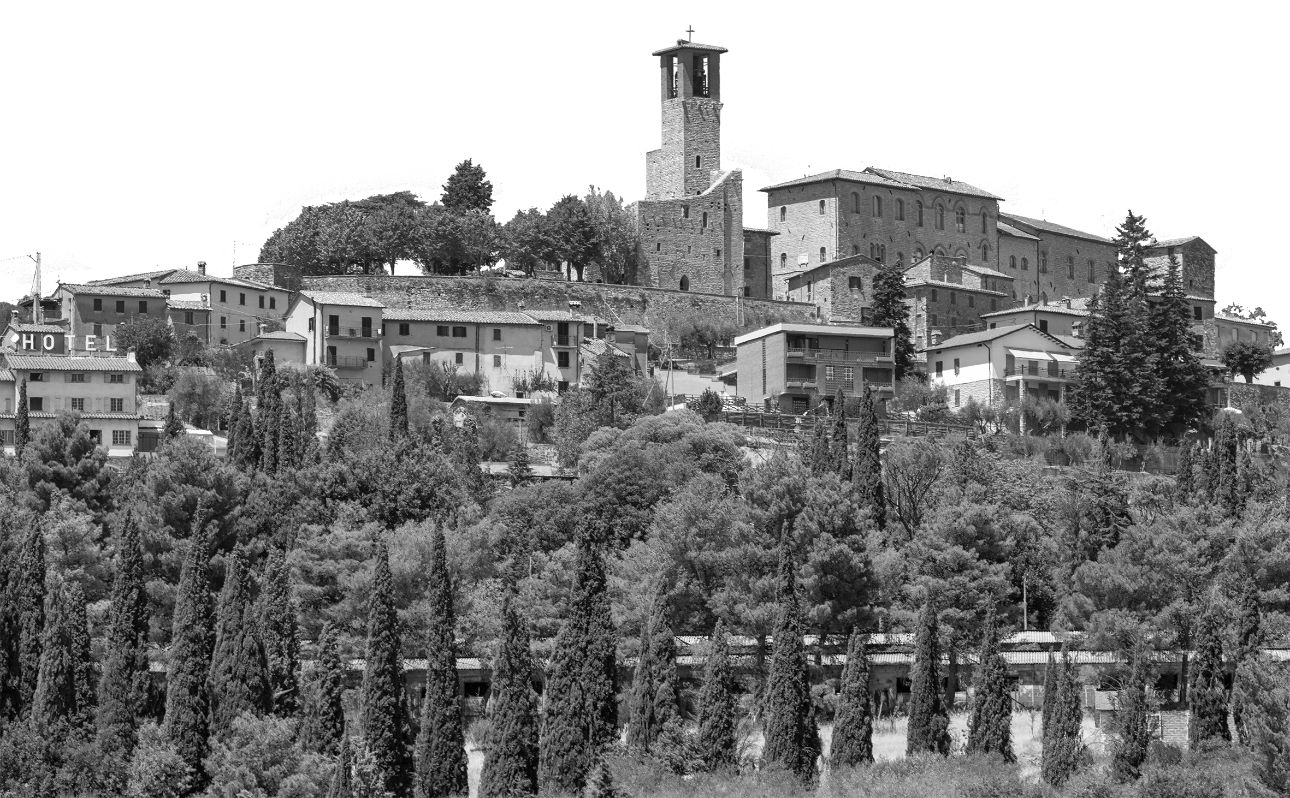
The Cucinelli Theatre is an old theatre from the 17th century, restored and returned to its former splendour, which today hosts shows, concerts and conferences, becoming an important cultural centre for the local community and visitors.
The Church of San Bartolomeo has also been completely refurbished, transformed into a place of prayer and reflection, ideal for concerts of religious music and other cultural activities. In the village, Cucinelli has also created the Accademia dei Georgofili, a centre for education and research that offers courses and workshops on various topics, including art, literature, philosophy and agriculture.
Today, Solomeo is an example of how tradition and modernity can coexist in harmony, contributing to the growth of the community and the spread of the ideals of solidarity and sustainability.
In 2010, the Brunello Cucinelli Foundation was set up to spread the universal ideals that feed Solomeo's humanist aspirations, promoting the protection of the region and its monuments, and safeguarding the spiritual and everyday values of human beings.
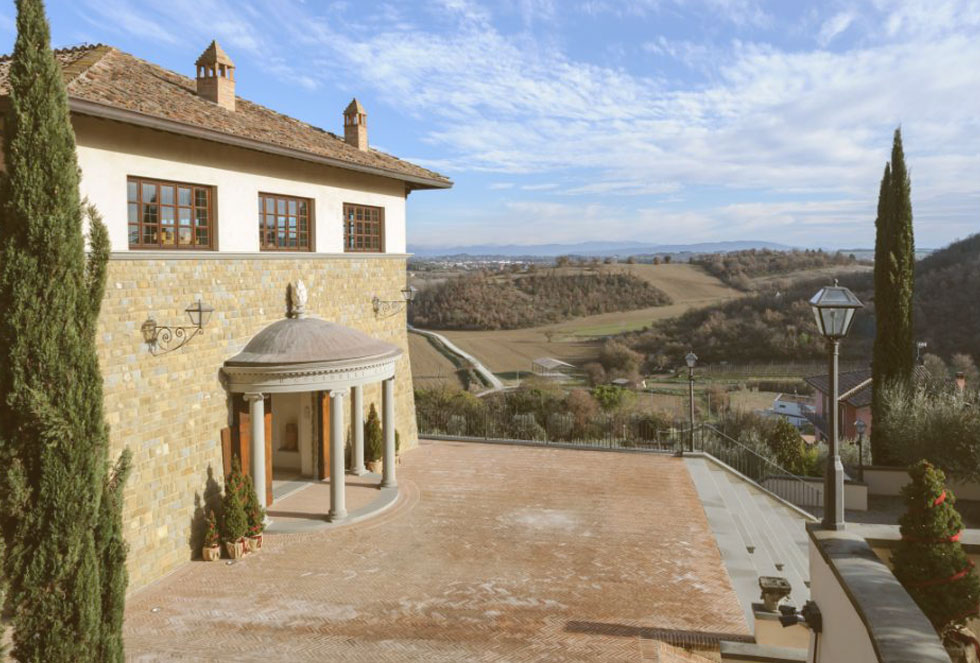


The Project for Beauty (since 2014) is an initiative supported by the Foundation itself to promote and preserve natural and cultural beauty, with particular attention to the area around the village of Solomeo.
In the valley at the foot of the village, there are three parks: the Agrarian Park, the Park of the Secular Oratory and the Park of Industry, designed and created with the aim of providing green spaces and promoting biodiversity, contributing to the protection of the environment.
The latest project is from the end of 2021, for the construction of Solomeo's new Universal Library. The library will be completed in 2024, and will be located in a noble 18th-century villa with a grand park, next to the Church of San Bartolomeo and the Cucinelli Theatre. The library aims to collect together a large number of publications from all over the world on the topics of philosophy, architecture, literature and craft.


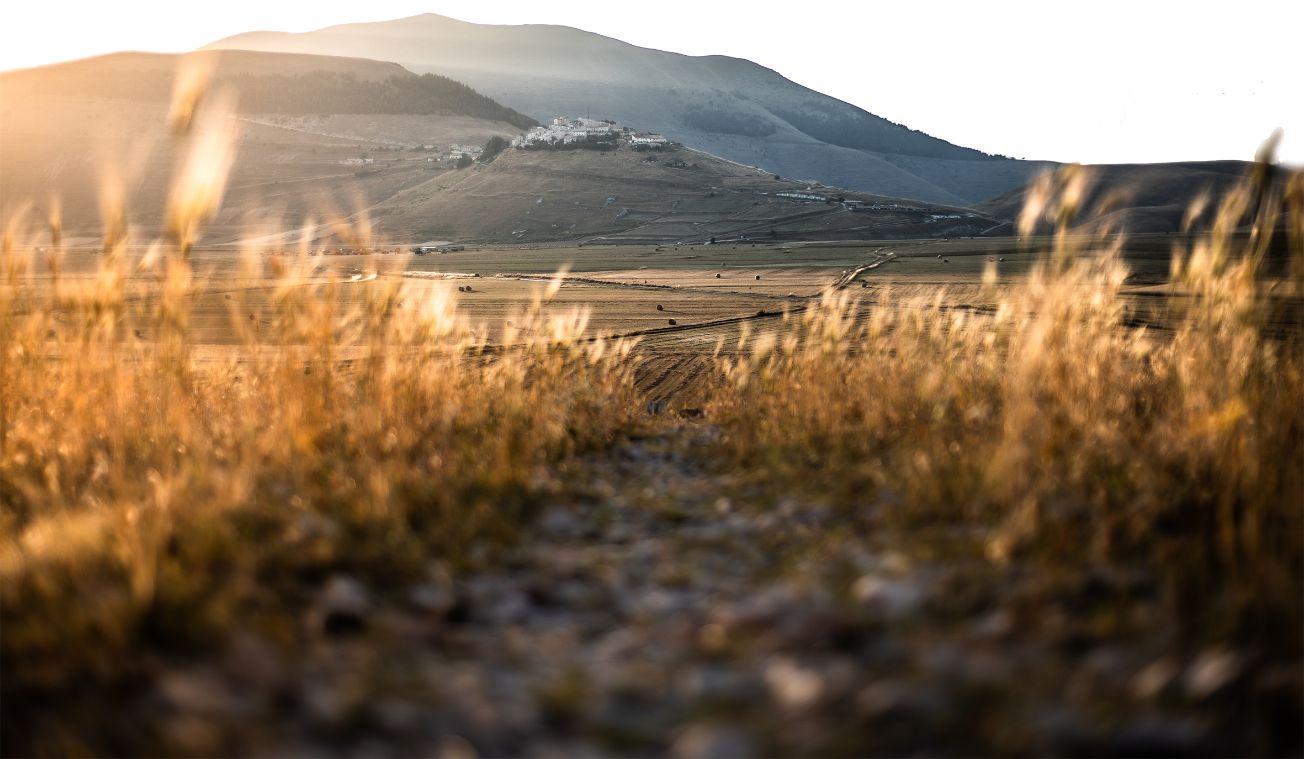
The support provided to the community of Norcia after the 2016 earthquake is also worth remembering. As well as contributing to the reconstruction and recovery of the damaged areas, Cucinelli offered assistance, making his employees and resources available for first aid in the areas hit, demonstrating his desire to act tangibly to help with the recovery of the community and the reconstruction of infrastructure.
This commitment was not just limited to the period of the emergency, but continued over time, supporting the community through cultural initiatives that provided solidarity and promoted the area, to strengthen the bond between his company and the city.
The 2001 Istat Census reported 436 inhabitants. The 2011 census registered an increase in the population, arriving at 456 inhabitants. There was an interesting survey in 2021 confirming that the Municipality of Corciano, which includes Solomeo, seems to have the lowest average age in Umbria. This good news could be attributed to the arrival of young workers who are attracted by Cucinelli.

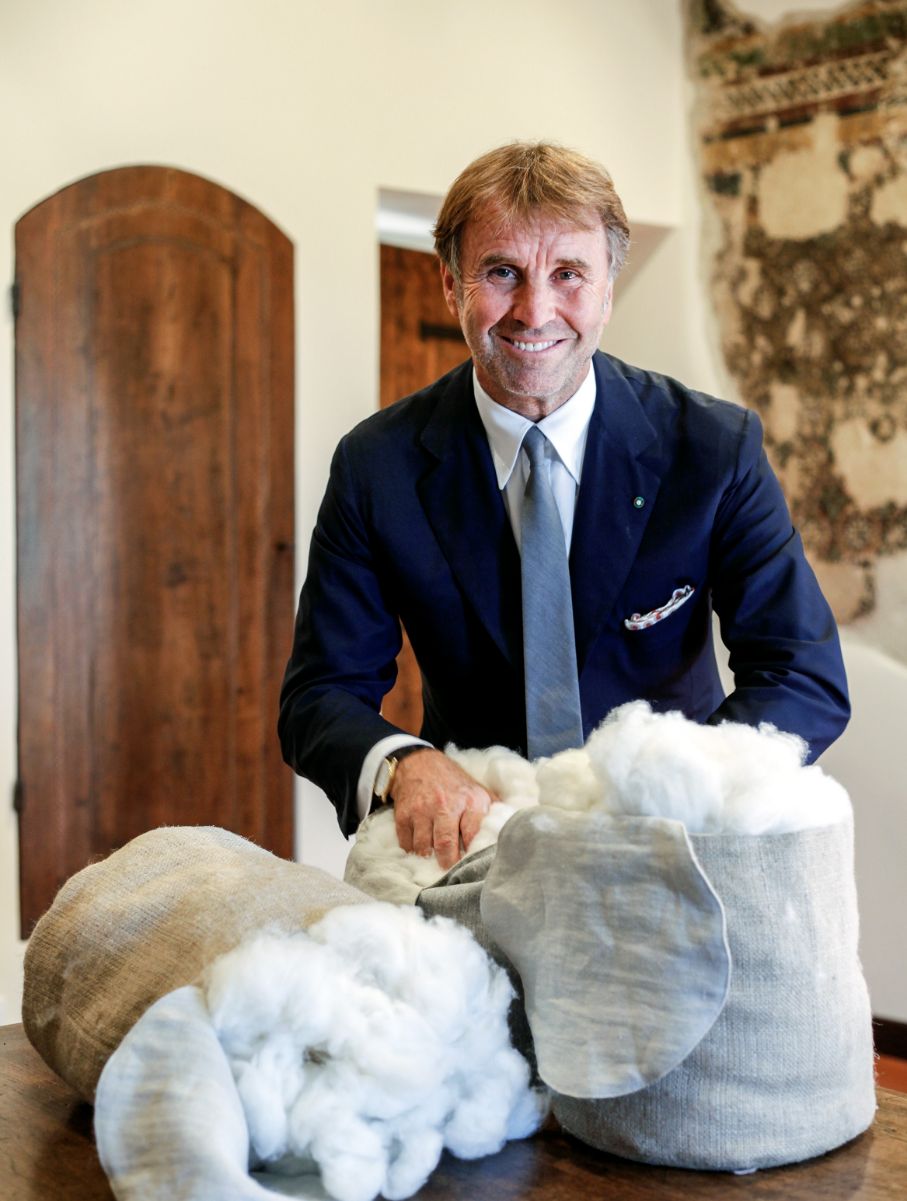

Cucinelli continues to demonstrate a deep connection to his land of origin, and a strong desire to preserve its beauty and tradition, providing an example of how fashion can be a vehicle for the values of altruism, respect and solidarity. His life philosophy and his commitment to the dignity of human beings is a powerful reminder that there is a way to do business that goes beyond mere profit, inspiring other entrepreneurs to follow in his footsteps.

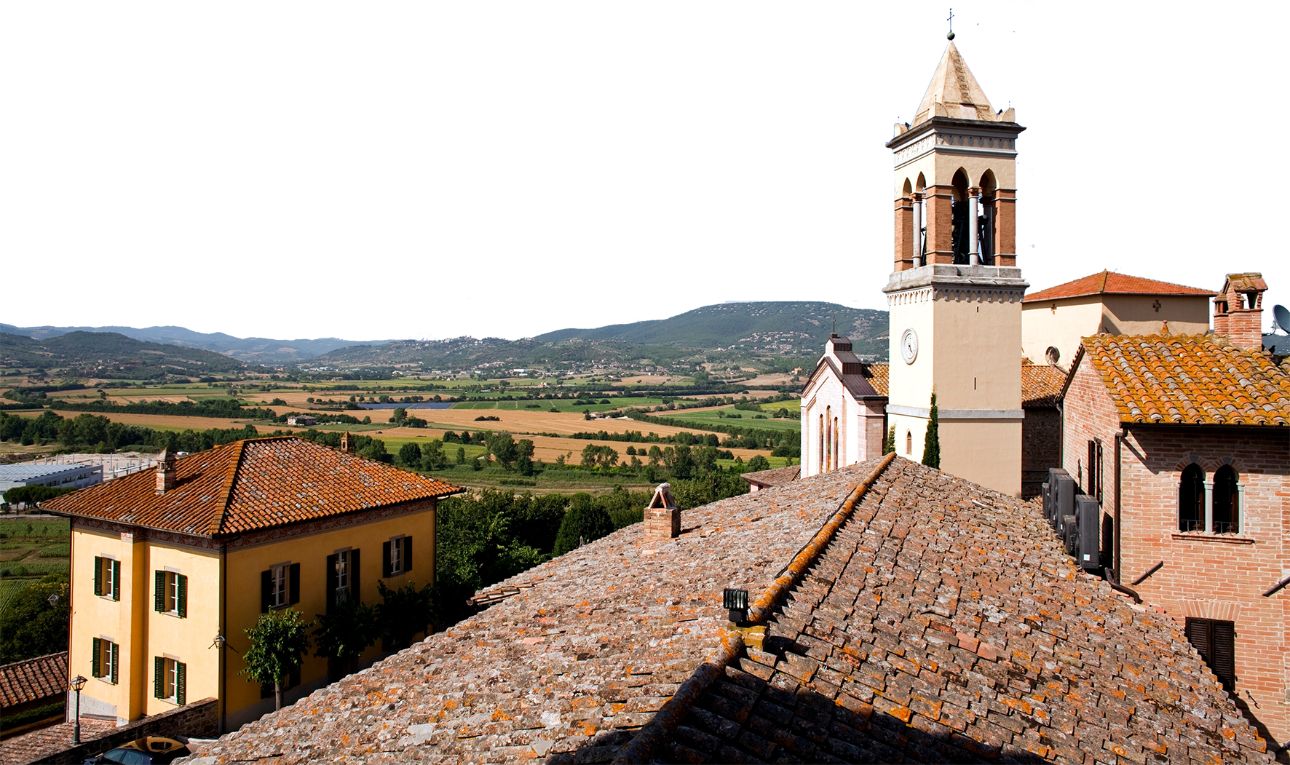
Images Credits:
© Alessia Pierdomenico
Living through the flood in Romagna, with one certainty: "solidarity moves in a circle." An interview with Monica Minardi, President of Doctors Without Borders Italy.
A condition that is little-known, but not rare. The President of the Association speaks about it in order to build a more informed, inclusive society.
